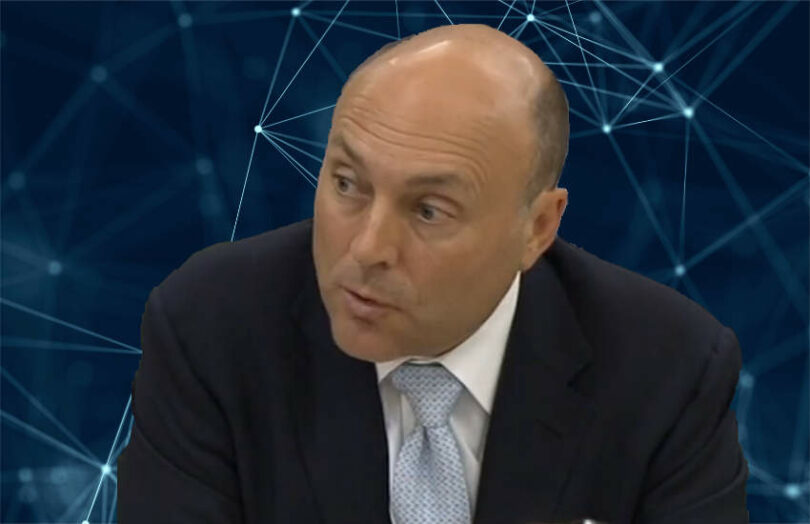Today HM Treasury published a consultation document covering the regulation of crypto-assets. Andrew Griffith, Economic Secretary to the Treasury, previously outlined the approach in a Parliamentary hearing. Based on those statements, he does not expect regulation from this consultation to be passed in 2023.
The UK considers security tokens as already regulated, stablecoin legislation has been tabled as part of the Financial Services and Markets Bill (FSM), and rules for crypto asset promotions are in the works. This consultation is around other crypto-asset legislation, excluding non-financial assets such as collectibles (or NFTs).
The government is keen to promote its support of innovation. “Risk taking is a desirable part of the cycle of innovation and we wish to manage, not stifle, this,” said Griffith in the Foreword to the consultation. At the same time, it is adopting the approach of “same risk, same rules” and wants to make sure that any regulation is sufficiently agile given the nascent state of the cryptocurrency sector.
“The government’s view is that the technology underpinning this innovation could bring a number of benefits, and with appropriate regulation and safeguards, certain cryptoassets and associated activities can offer significant new financial services opportunities for users,” the report states.
Specifically, the proposed crypto-asset regulation aims to regulate crypto providers based in the UK or targeting UK clients. It may allow exceptions such as if a UK resident voluntarily transacts with an overseas provider without receiving any UK promotions.
The first phase of regulation is the stablecoin legislation included in the Financial Services and Markets Bill. The second phase is the focus of this consultation which will cover the following:
- public offers of crypto tokens
- trading venues (but not post trade, yet)
- crypto dealing and broking
- lending and borrowing
- custody.
Future regulatory phases may cover topics such as:
- crypto advice
- managing crypto asset investments
- mining
- running validator nodes and staking.
One gray area is decentralized finance (DeFi). Addressing the DeFi topic, the document states that its regulatory approach in the current phase “should apply to cryptoasset activities regardless of the underlying technology, infrastructure, or governance mechanisms. However, due to the challenges outlined above, including the rapidly evolving nature of the sector, the way this is achieved may well differ and take longer to clarify.”
The intention is to apply regulations to those that have significant control or influence over DeFi protocols.
“As the voice of the UK’s crypto sector we welcome this positive step towards greater regulatory clarity,” said Ian Taylor, Board Advisor of CryptoUK. “Given the provisions within the proposed legislation, consultation with the industry could not be more critical.”






